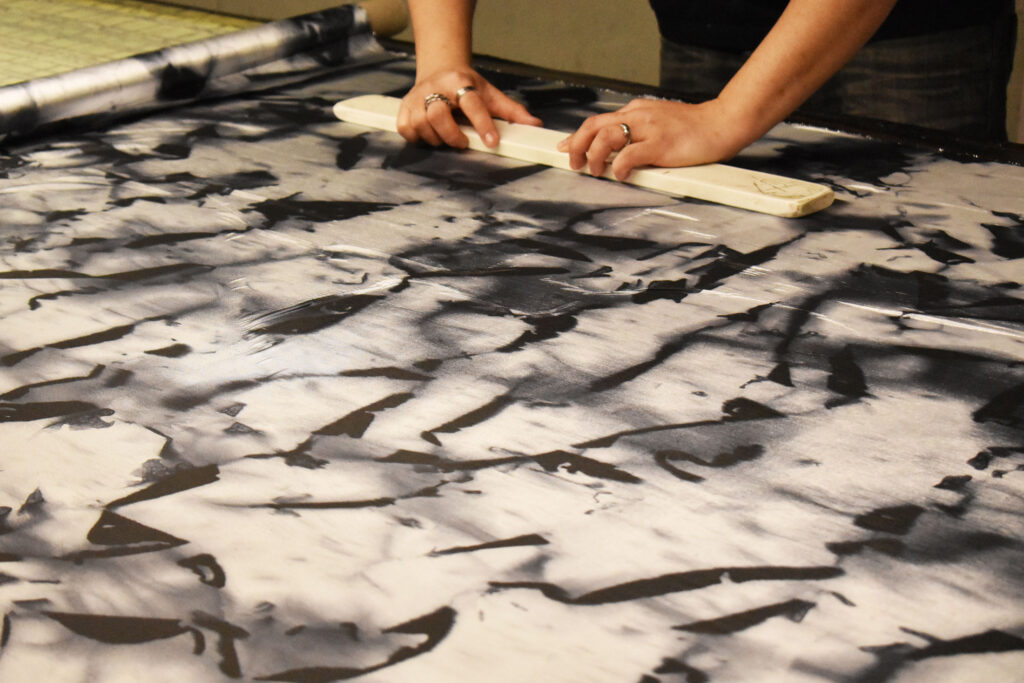How can we better embed the value of crafts, of craft knowledge, skills and know-how in the society of today and the future? That is what the Crafting Futures project is looking into, which had its official kick-off and press event at the Ambacht in Beeld festival on March 30.
“Crafts are living heritage of today,” said Bert De Munck, Professor of History at UAntwerpen. “They can provide answers to current social, ecological and economic challenges in terms of sustainable innovation, inclusion, lifelong learning, urban renewal … According to UNESCO, crafts have the potential to help realize the Sustainable Development Goals.”
In co-creation with stakeholders
De Munck is the initiator of Crafting Futures, a Flemish project that aims to embed crafts in the society of today and the future. He is coordinating the project for which University of Antwerp, KU Leuven, KASK and Conservatory / HOGENT and howest, Royal Academy of Fine Arts Antwerp and Sint Lucas Antwerp are joining forces. Also dozens of associations and organizations such as Workshop Intangible Heritage (BE), UNIZO, Museum of Industry Ghent and ETWIE put their shoulders under the project. Co-creation is central to Crafting Futures.
The skills and know-how of craftspeople must not be lost. One way to approach this is to focus on curriculum changes in education, where there is a gap between skills-oriented and more artistic or design courses. We will also explore how crafts are developing in high-tech contexts like fablabs and various maker and co-learning spaces. This can lead to a fascinating interaction between young people who get to work with print, textiles, laser cutting, and more classically trained craftsmen who bring other types of knowledge and skills.
Technological and economic innovation
That this is possible is shown, for example, in the Product Development Department of UAntwerp. “In our design studio, we have a unique clay printer based on L’Artisan Electronique, a pioneering work by design studio Unfold,” says Jouke Verlinden. “Unfold is one of the project partners. Their way of working connects the physical and material properties of pottery with the new digital technology of 3D printing.”

Andrea Cammarosano – photo: Chiara Amico
“Crafting Futures also aims to strengthen the economic and legal position of artisan makers. ‘They often are in need of more entrepreneurship and also clash with legal restrictions, such as certification and statutes,” says Annick Schramme (UAntwerp Management School). ‘Therefore, we will also develop new business models for makers or tools and instruments that deal with issues like intellectual property.”
Finally, the project will also result in concrete recommendations and roadmaps for policy-makers, in terms of regulation and support; since craft makers today often fall between many domains, from Culture and Heritage to Economy and Tourism. “In this way, we are building a more sustainable ecosystem around craft and craftsmanship, which in time can also lead to a broader and renewed public appreciation of contemporary craftsmanship,” as stated by Marc Jacobs, Critical Heritage Studies, UAntwerpen)
